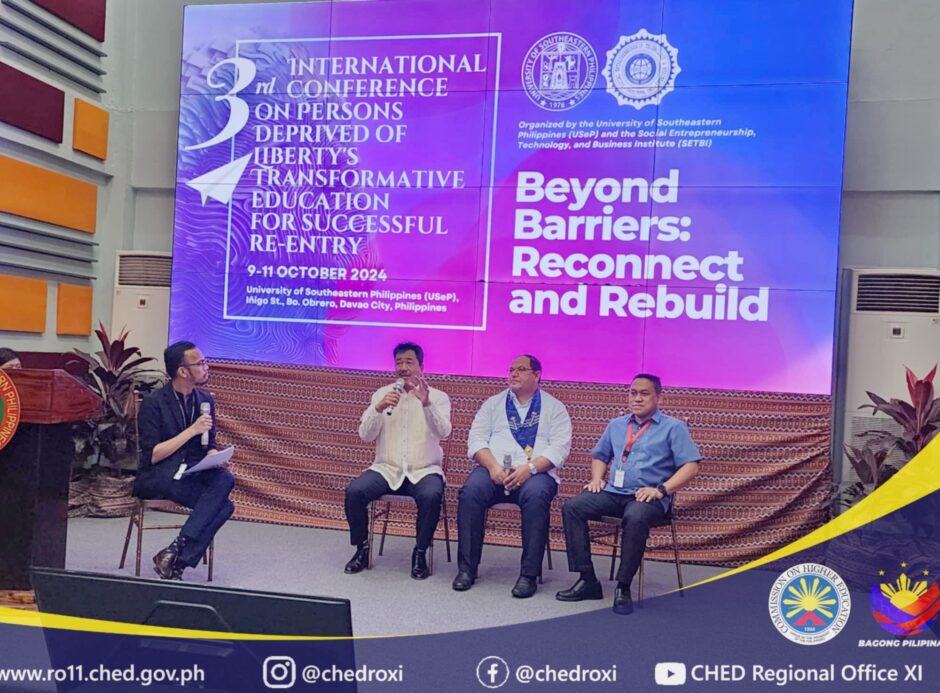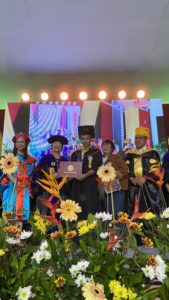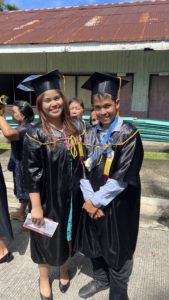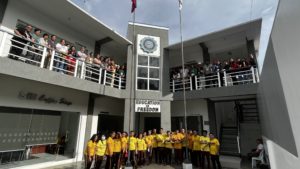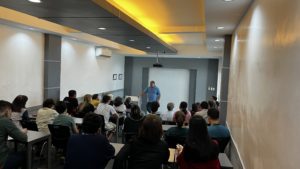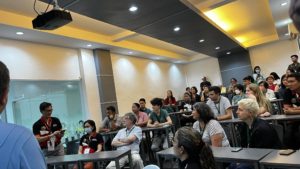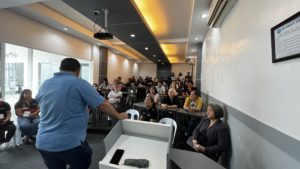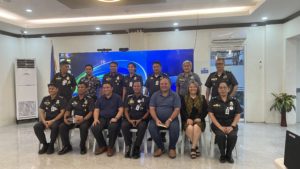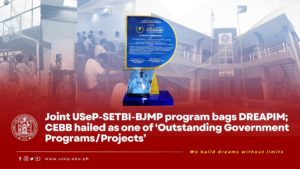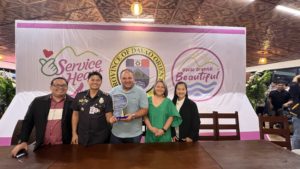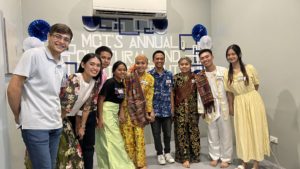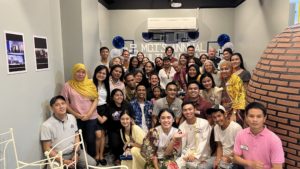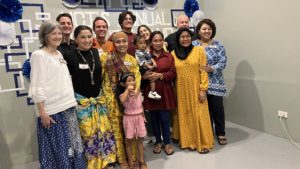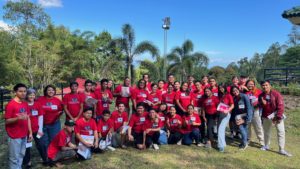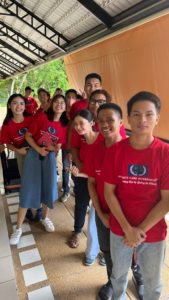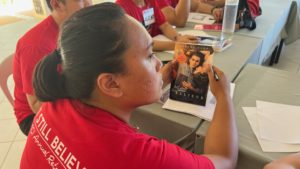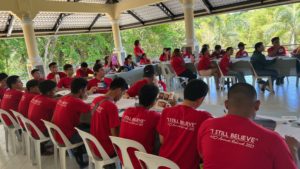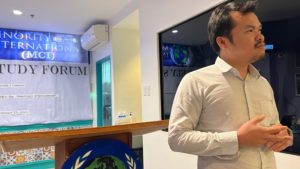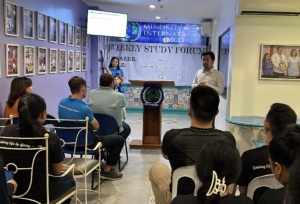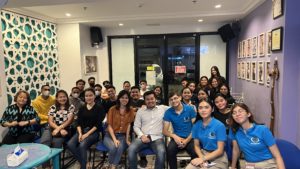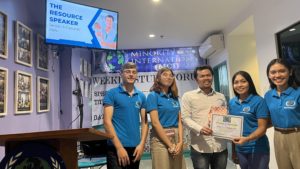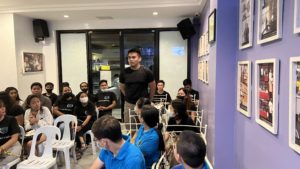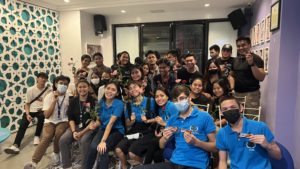


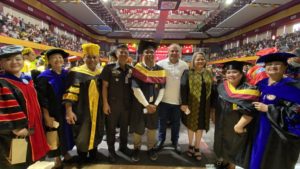

 Marking a first for College Education Behind Bars at the Davao City Jail, Three Persons Deprived of Liberty (DPL) graduated with a four-year bachelor’s degree The students in the higher education program first to earn a four-year college degree, and thus a diploma, from the University of the Southeastern Philippines while incarcerated. This diploma allows the graduates to take a step toward freedom. Their success refutes the notion that offenders do not merit tertiary education and do not have the capacity to change, a view often perpetuated by media as it sensationalizes the darker side of humanity in confinement. Today we celebrate the bright side as a contrast to current crises. To both the public and to elected officials, this significant graduation conveys an important message that says the more opportunities DPL have to learn, value education, and seize possibilities, then the greater the chance they will break the cycle of imprisonment not just for themselves but for future generations to come. These individuals have shown great resilience and discipline by completing their college degree plan. Further, their commitment and adherence to rules and regulations define the best way to implement the Good Conduct Time Allowance (GCTA) law for a reduction of sentences. Actually one of our PDL students got total reduction of more than 9 years from her sentences.
Marking a first for College Education Behind Bars at the Davao City Jail, Three Persons Deprived of Liberty (DPL) graduated with a four-year bachelor’s degree The students in the higher education program first to earn a four-year college degree, and thus a diploma, from the University of the Southeastern Philippines while incarcerated. This diploma allows the graduates to take a step toward freedom. Their success refutes the notion that offenders do not merit tertiary education and do not have the capacity to change, a view often perpetuated by media as it sensationalizes the darker side of humanity in confinement. Today we celebrate the bright side as a contrast to current crises. To both the public and to elected officials, this significant graduation conveys an important message that says the more opportunities DPL have to learn, value education, and seize possibilities, then the greater the chance they will break the cycle of imprisonment not just for themselves but for future generations to come. These individuals have shown great resilience and discipline by completing their college degree plan. Further, their commitment and adherence to rules and regulations define the best way to implement the Good Conduct Time Allowance (GCTA) law for a reduction of sentences. Actually one of our PDL students got total reduction of more than 9 years from her sentences.
College Education Behind Bars creates new choices as well as new and alternative ways of being and thinking that lie between the extreme of compliance and disobedience, between resistance and surrender, between personal accountability and forgiveness and success. Today’s prisons are not conducive for rehabilitation; they are human warehouses. Although it is critical that we protect citizens, the focus on protecting the public by locking offenders away and keeping them inside as long as possible does not allow fo rehabilitation, so that when PDL return to society, and most of them do, they are no longer a threat but become an asset. Continue reading
